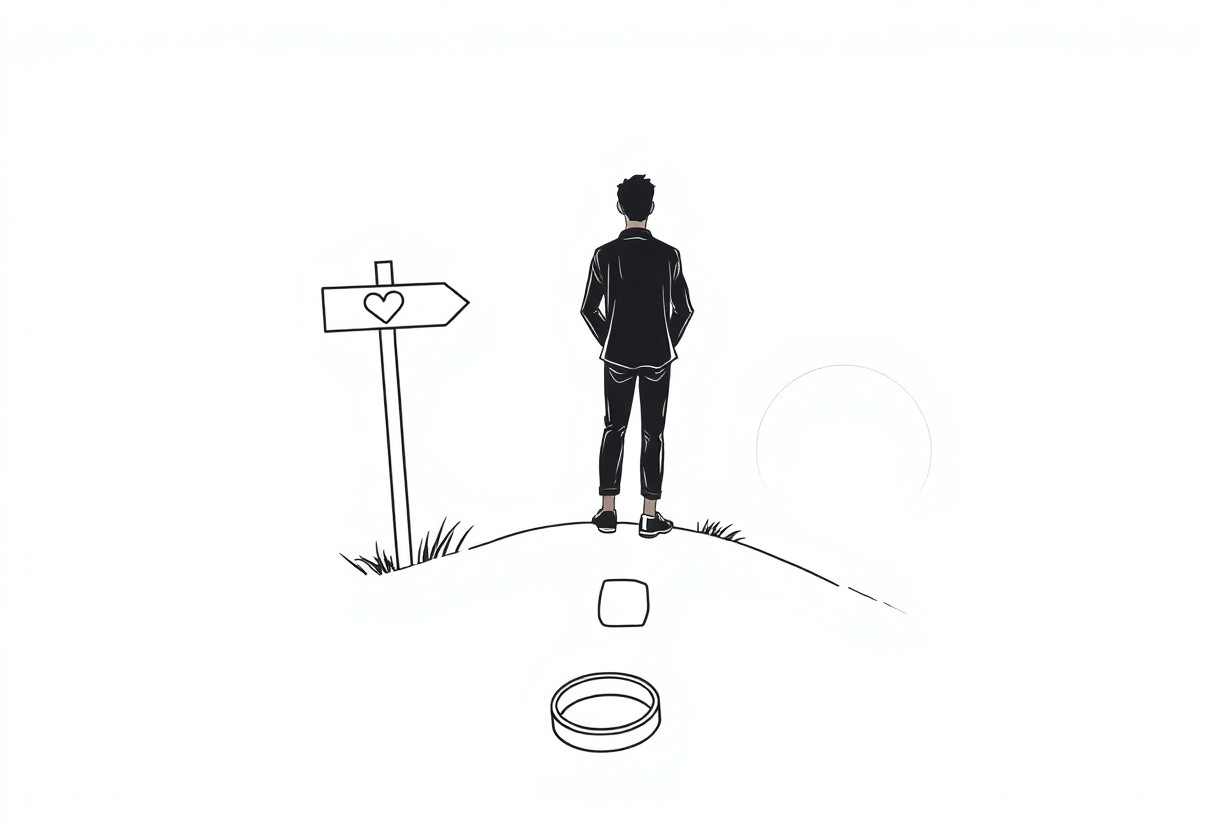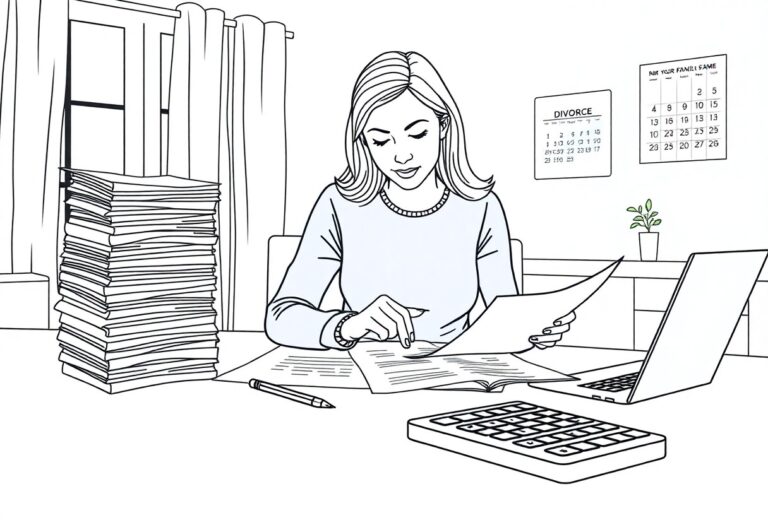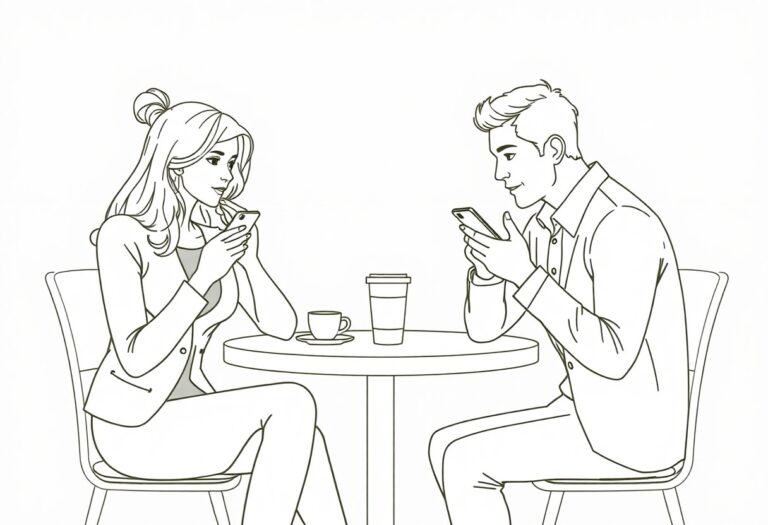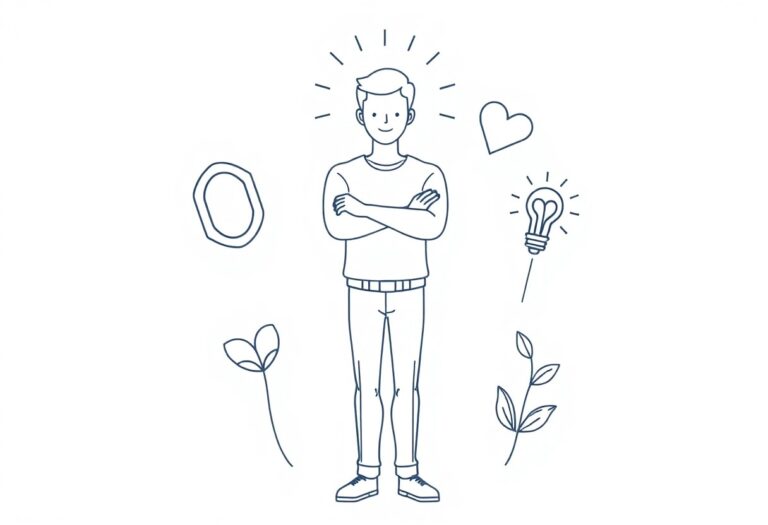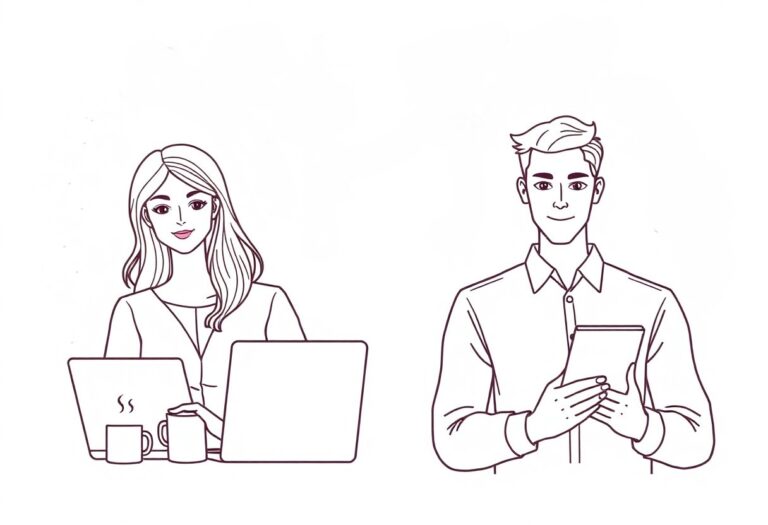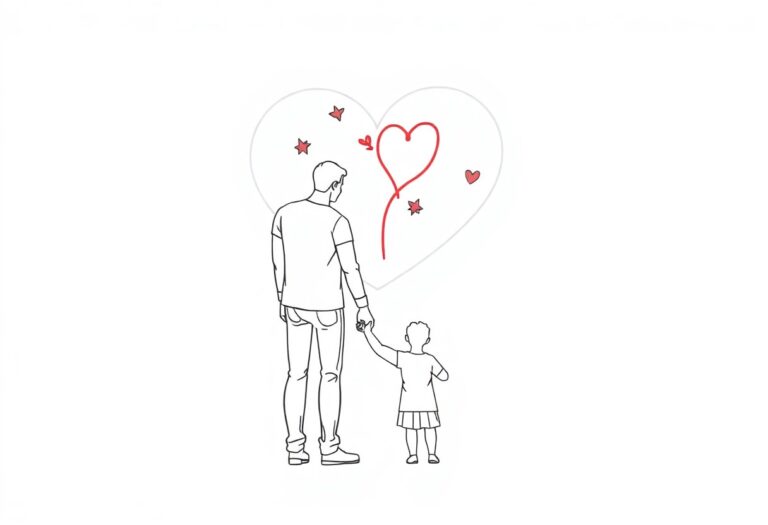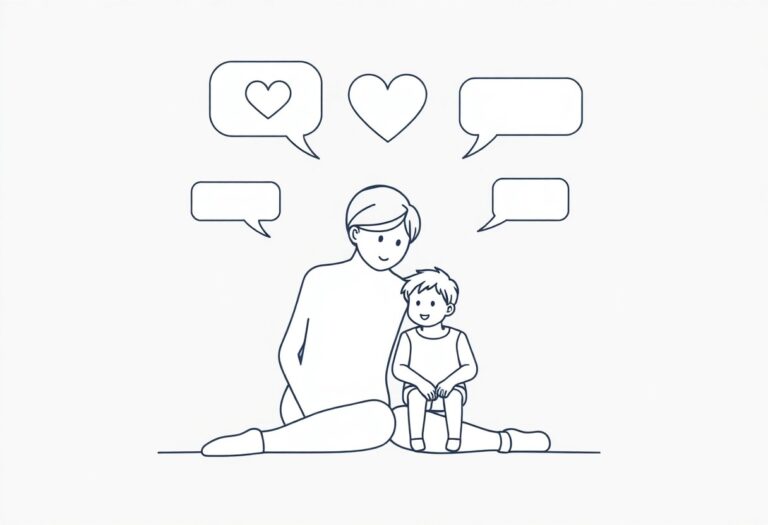How to Know You’re Ready to Date Again After Divorce
You may feel uncertain about stepping back into the dating world after a divorce, but recognising the right signs can help you navigate this transition with confidence. It’s vital to assess your emotional readiness, ensuring you’ve allowed time for personal healing and growth. Understanding your motivations for dating and gauging your comfort levels with potential partners will set the stage for a more positive experience. In this guide, you’ll discover practical tips to help you make an informed decision about when you are truly Ready to Date Again After Divorce. Remember, recognising when you’re Ready to Date Again After Divorce is a journey that requires self-reflection and honesty.
Key Takeaways:
Ready to Date Again After Divorce: Understanding Your Journey
- Reflect on your emotional readiness and ensure you’ve processed your feelings about your previous relationship.
- Evaluate your intentions for dating, focusing on whether you’re seeking companionship or trying to fill a void.
- Assess your independence and personal stability to confirm you are comfortable being on your own.
- Consider the lessons learned from your past marriage and how they can inform your future relationships.
- Seek support from friends or a therapist to gain perspective and confidence before re-entering the dating scene.
Emotional Clarity: The Key to Resetting Your Heart
Achieving emotional clarity is crucial for re-entering the dating scene post-divorce. This clarity enables you to distinguish what you truly want in a relationship and lets you approach new connections without the baggage of past experiences weighing you down. By taking the time to understand your feelings and aspirations, you lay a strong foundation for healthier relationships in the future.
Recognising Patterns from the Past
Becoming aware of recurrent patterns in your past relationships helps you break free from unhealthy cycles. Often, these patterns stem from unmet needs or emotional attachments that may have developed over time. Reflecting on previous choices and behaviours enables you to identify traits in partners that might not align with your values and ultimately empower you to seek healthier connections moving forward.
Evaluating Your Emotional Healing Journey
Reflecting on your emotional healing allows you to assess how far you’ve come since your divorce. This evaluation provides insights into your emotional state, highlighting areas where you have grown and others that may still require attention. Acknowledging both progress and areas needing further work can help you determine if you’re truly ready to embrace new relationships.
Throughout your emotional healing journey, consider keeping a journal to record your thoughts and feelings. Documenting your experiences can reveal shifts in your mindset and emotional responses, offering a clearer picture of how you cope with love and loss. Engaging with a therapist or support group can further facilitate this process, providing guidance and encouragement as you navigate through your feelings. You may find that a more profound understanding fosters both self-acceptance and readiness for new romantic adventures.
Practical Readiness: Assessing Your Daily Life
A thorough examination of your daily life can reveal whether you’re genuinely ready to re-enter the dating world. Consider practical aspects, such as your work schedule, personal commitments, and social activities. If your life feels overwhelmingly full, adding dating to the mix might lead to unnecessary stress. Key indicators of readiness include having a stable routine, sufficient emotional bandwidth for new experiences, and a support network for encouragement and guidance as you navigate this new chapter.
Evaluating Your Time and Energy Availability
Take stock of how much time and energy you can realistically dedicate to dating. Having a busy job or multiple responsibilities can drain your emotional reserves, making it challenging to focus on a new relationship. You will want to identify whether there are pockets of time in your week where you can engage with others without feeling spread too thin. Prioritising self-care to recharge your energy is also vital before re-entering the dating scene.
Balancing Independence with a Desire for Connection
Finding the right balance between maintaining your independence and seeking companionship is fundamental. You might relish the freedom that comes with your single status, but a longing for connection can often creep in. It’s about valuing your personal space and autonomy while being open to new relationships. A healthy blend allows you to continue nurturing your individuality while exploring emotional bonds. Striving for this balance fosters personal growth, ensuring you bring your best self to new connections.
Navigating the duality of independence and the desire for connection can be a complex process. Embrace activities that fuel your passions and interests while remaining open to potential relationships. Consider that dating doesn’t mean sacrificing your autonomy; it can enhance your experiences. Communicate openly with prospective partners about your need for personal space and establish healthy boundaries from the outset. This will help foster meaningful connections that respect your individuality, ensuring that both you and your potential partner can thrive together.
Setting Clear Intentions: Define What You Want
Clarity is essential when navigating the dating world after divorce. Take the time to articulate your desires and boundaries to ensure you attract a partner who aligns with your vision for a future relationship. A written list of qualities and circumstances you’re seeking can serve as a valuable guide, helping you steer clear of potential pitfalls and focusing on what truly matters to you.
Identifying Your Relationship Goals
Establishing your relationship goals allows you to approach dating with purpose. Consider the type of connection you are looking for; are you seeking companionship, romance, or something more serious? By defining these goals, you not only clarify your needs but also avoid confusion and misalignment with prospective partners.
Understanding What You Need from a Partner
Deciphering what you genuinely require from a partner can significantly influence your dating experience. Reflect on your past relationships, considering the traits that enhanced your happiness and those that didn’t. Think about emotional support, shared values, and lifestyle compatibility. For instance, if you value communication, prioritise looking for someone willing to engage in open dialogue. By understanding these needs, you establish a solid foundation for fostering meaningful and fulfilling connections.
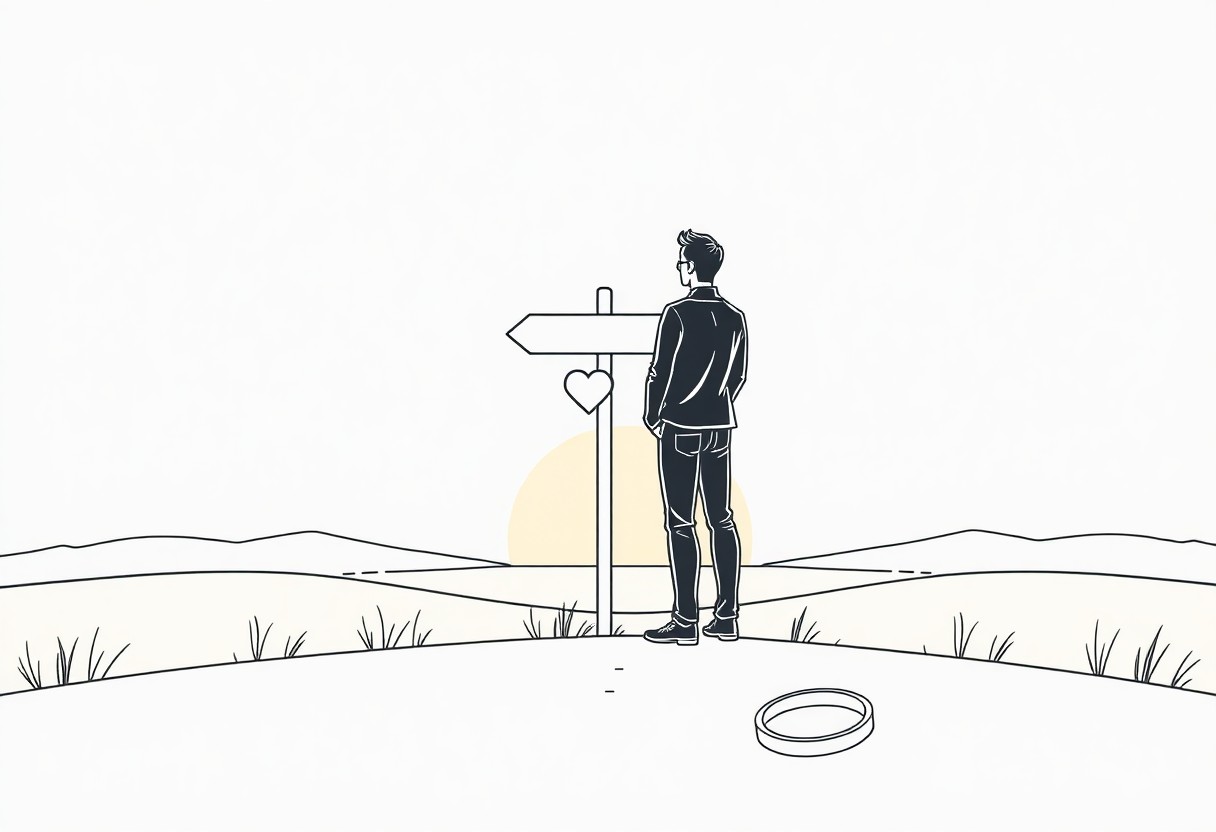
Building a Supportive Environment: Lean on Your Network
Surrounding yourself with a supportive environment is essential as you prepare to re-enter the dating scene. Your friends, family, and even colleagues can provide a safety net, offering both encouragement and a sounding board for your thoughts and feelings. Building this network is not just about seeking comfort; it’s about fostering connections that improve your confidence and help you navigate the complex emotions associated with dating again.
Engaging with Friends and Family for Support
Reaching out to friends and family can make a significant difference in your journey. Sharing your thoughts and feelings openly allows you to gain insights and create a deeper understanding of your own needs. Whether it’s through casual catch-ups or more structured discussions, engaging your loved ones creates a space where you feel valued and understood, reinforcing your emotional resilience as you consider dating again.
Seeking Professional Help if Needed
Don’t hesitate to seek professional help if you find that your feelings are overwhelming. Engaging with a therapist or counsellor can provide tailored guidance, helping you sift through complex emotions stemming from your divorce. Professional resources can help you address lingering insecurities or fears about dating and relationships, enabling you to approach new connections with a healthier mindset.
Consulting a mental health professional can foster significant personal growth. A therapist might employ techniques such as Cognitive Behavioural Therapy (CBT) to challenge negative thoughts or help you set realistic expectations for dating. Many find that having someone to guide them through the upheaval of a divorce can bring clarity and comfort. Studies show that individuals who seek counselling during significant life changes often report stronger outcomes in their relationships later on. Engaging in this professional support can give you the tools necessary to build healthier, more fulfilling connections in the future.
Embracing Vulnerability: The Courage to Open Up
Stepping back into the dating arena can feel like a balancing act, where heart and head pull you in different directions. Embracing vulnerability allows you to connect with potential partners on a deeper level, which is necessary for building a meaningful relationship. A willingness to open your heart, despite past experiences, demonstrates strength and can lead to enriching connections that help you grow as an individual.
The Importance of Vulnerability in Dating
Opening yourself up to others not only fosters authenticity but also paves the way for mutual trust. Vulnerability highlights your true self, allowing potential partners to see both your strengths and weaknesses. Sharing your feelings can create a powerful bond, as people often relate to the experiences of others, leading to empathy and understanding that form the foundation of any healthy relationship.
Strategies to Overcome Fear of Rejection
Addressing the fear of rejection can involve reframing your perspective on dating altogether. Start by recognising that every experience is a chance to learn, rather than a test of your worth. Practice self-compassion, understand your worth, and remind yourself that not every connection will result in a lasting partnership. Gradually exposing yourself to social interactions, starting with low-stakes scenarios, can help build your confidence, making it easier to approach dating with an open mind.
Overcoming fear of rejection often requires a combination of mindset shifts and practical strategies. For example, consider visualising a positive outcome for your interactions instead of fixating on negative possibilities. Engaging in activities that cultivate self-esteem, such as pursuing hobbies or engaging in fitness activities, can increase your overall confidence. Additionally, seeking support through friends or professionals can provide reassurance, helping to normalise the feelings of uncertainty that often accompany dating. Ultimately, these small steps culminate in a more resilient you, ready to embrace the potential for connection without the weight of past disappointments.
Conclusion
Drawing together your thoughts and feelings post-divorce is imperative in understanding your readiness to date again. Assess your emotional recovery to ensure you have processed your past relationship and feel positive about new beginnings. Be aware of your personal goals and desires, as well as what you are looking for in a partner. Engage in activities that bring you joy and confidence, signalling that you are prepared to share your life with someone new. Trust your instincts and leap only when you feel genuinely ready, allowing for a fulfilling dating experience.
FAQ
Q: How can I assess my emotional readiness to start dating again after my divorce?
A: Evaluating your emotional readiness involves introspection and honesty. Reflect on your feelings about your past relationship and the divorce itself. Ask yourself if you have processed any lingering feelings of anger or sadness. Engaging in conversations with a trusted friend or a therapist can also provide insights into your emotions. If you feel at peace with your past and are open to new experiences, it may be a sign that you’re ready to date again.
Q: Should I take time for myself before starting to date again?
A: Yes, taking time for yourself can be beneficial. It allows you to focus on healing and rediscovering your interests and passions without the pressure of a new relationship. This period can help you understand what you desire in a partner and what you wish to avoid in the future. The duration of this self-time varies for everyone, so trust your instincts on when you feel prepared to re-enter the dating scene.
Q: Am I ready to date if I still feel nostalgic about my ex-spouse?
A: Feeling nostalgic about an ex is normal, particularly after a significant relationship ends. However, if these feelings are overshadowing your desire to move on, you may need more time. Reflect on whether your nostalgia stems from genuine longing for reconciliation or simply the comfort of familiarity. If you find yourself wanting to create new memories and experiences, it could signal that you’re ready to date again.
Q: How can I distinguish between being lonely and being ready to date?
A: Distinguishing between loneliness and readiness involves self-reflection. Loneliness may lead you to seek companionship to fill a void, whereas being ready to date stems from a desire to share your life with someone new. Before you start dating, consider whether you are seeking a connection out of genuine interest in another person or merely seeking to alleviate feelings of isolation. Ensure your motivations align with your goals for a healthy relationship.
Q: What are some signs that I am mentally prepared to enter into a new relationship?
A: Some signs of mental preparedness include having a positive outlook on future relationships, feeling content in your own company, and being open to the idea of meeting new people. If you find yourself visualising a future that includes a partner and are excited about it rather than anxious, this is a good indicator. Additionally, being willing to communicate openly and honestly in a new relationship is crucial for a healthy start.
Dating after divorce | Legal Separation versus Divorce | Separation and divorce | divorce mediation

